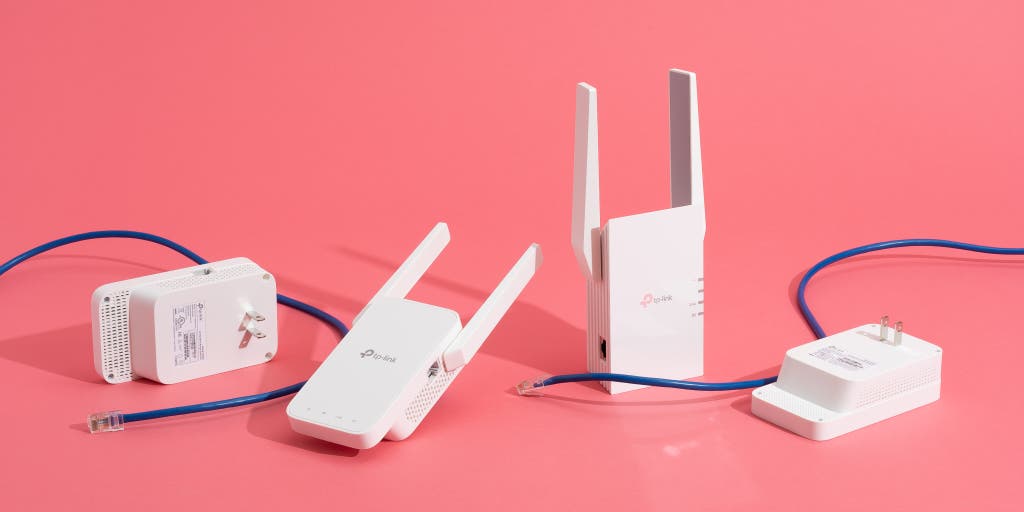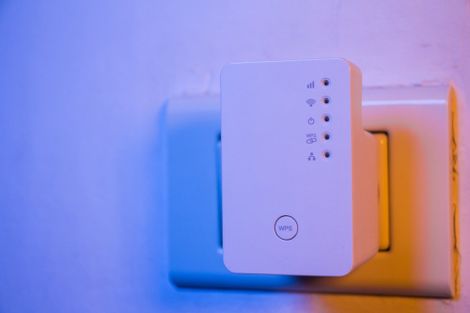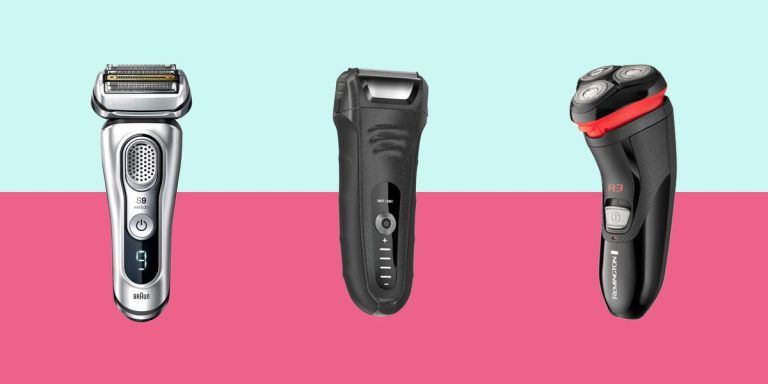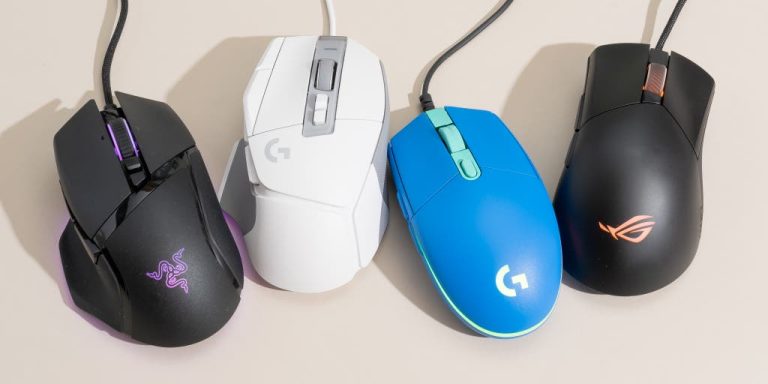Join the millions that have trusted Beststorereview to help them make smarter buying decisions. Let our independent expert reviews and data-driven shopping recommendations help you find the wifi extender that’s right for you.
#1

10.0
Save 50%
TP-Link AC1750 WiFi Range Extender
- Mesh WiFi extender
- Up to 2000 sq ft coverage
- Supports up to 32 devices
- 2.4GHz – 450Mbps / 5GHz – 1300Mbps
- Dual band frequencies
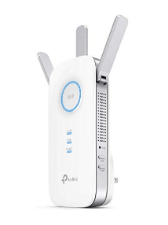
#2

9.8
Save 50%
Netgear EX5000 WiFi Range Extender
- Mesh WiFi extender
- Up to 1500 sq ft coverage
- Supports up to 25 devices
- Up to 1200 Mbps data transfer rate
- Dual band frequencies
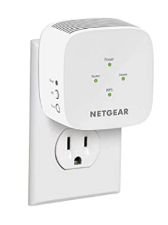
#3

9.4
Ring Chime Pro Range Extender
- Ring signal enhancer
- Up to 2000 sq ft coverage
- Supports ring devices
- Data transfer rate not indicated
- 2.4GHz / 5GHz band frequencies
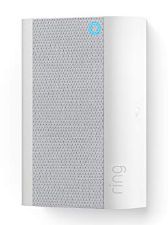
#4

9.1
Save 35%
Xtava Pro Cordless Hair Clippers
- Mesh WiFi extender
- Up to 1200 sq ft coverage
- Supports up to 20 devices
- 2.4GHz – 300Mbps / 5GHz – 433Mbps transfer rate
- Dual band frequencies
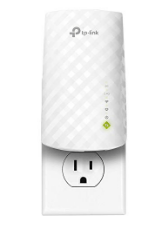
#5

8.9
Save 10%
TP-Link AC1200 WiFi Range Extender
- Mesh WiFi extender
- Up to 1500 sq ft coverage
- Supports up to 25 devices
- 1200 Mbps data transfer rate
- Dual band frequencies
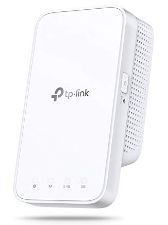
#6

8.9
Save 27%
TP-Link Deco S4 Mesh WiFi System
- Mesh WiFi extender
- Up to 5,500 sq ft coverage area
- Supports up to 100 devices
- Up to 1,200 Mbps
- WiFi speed
- Dual-band
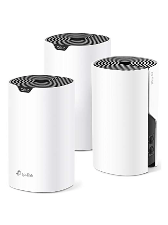
#7

8.9
Save 34%
Netgear EX3700 WiFi Range Extender
- Mesh WiFi extender
- Up to 1000 sq ft coverage
- Supports up to 15 devices
- 750 Mbps data transfer rate
- Dual band frequencies
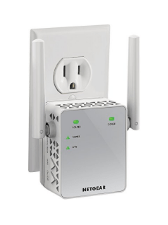
#8

8.4
TP-Link Single Band WiFi Range Extender
- Up to 800 sq. ft. coverage
- Single band 2.4GHz
- Plug-in, WPS button
- Up to 300Mbps
- 2 year warranty
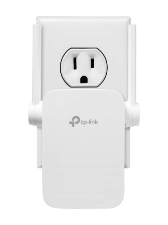
#9
8.2
Rock Space AC750 WiFi Range Extender
- Mesh WiFi extender
- Up to 1292 sq ft coverage
- Supports up to 20 devices
- 2.4GHz – 300Mbps / 5GHz – 433Mbps transfer rate
- Dual band frequencies
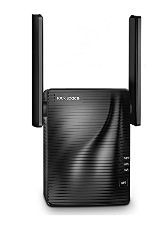
#10

8.1
Save 13%
Foscam WiFi Range Extender
- Mesh WiFi extender
- Up to 1200 sq ft coverage
- Supports multiple devices
- 1200 Mbps data transfer rate
- Dual band frequencies
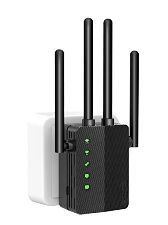
We also considered 4 others:
Our Top Choice
#1

10.0
Save 50%
TP-Link AC1750 WiFi Range Extender
- Mesh WiFi extender
- Up to 2000 sq ft coverage
- Supports up to 32 devices
- 2.4GHz – 450Mbps / 5GHz – 1300Mbps
- Dual band frequencies

About Our Rankings:
Our recommendations are based on expert comparisons between available products in each product category. For wifi extenders, we chose the topics that we think matter most to our users, and provide consise, clear comparisons of the features that matter. Our rankings change day-to-day based on our proprietary algorithms, that crunch data to identify top-performing products and tailor recommendations to exactly what our readers are looking for.

24
Models
Evaluated40

3
Topics
Considered

11
Hours of
Research

235
Purchases
Analyzed
WiFi Extender Buyer's Guide
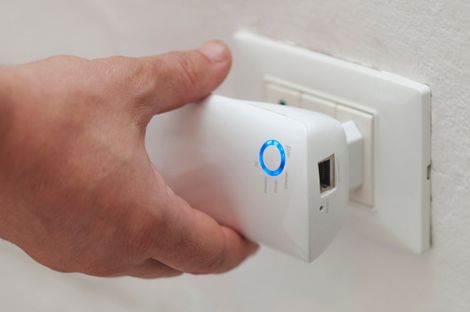
WiFi boosters are super useful for extending your signal to reach those WiFi dead zones in and around your house. WiFi extenders come in various shapes and sizes, but all have their strengths and limitations. Make sure to ask yourself the following questions when shopping around for a WiFi extender.
Do I Even Need A WiFi Extender?
If you found this article you probably have WiFi problems. You’ve probably noticed dead zones or places where you just can’t get a stable connection. WiFi problems can be caused by all kinds of things, such as a faulty router or thick walls.
Here is a general rule of thumb: Your 2.4GHz channel should be able to reach about 100 feet indoors without too many connectivity problems. 5GHz channels can normally manage about 30 feet. So if you have spaces in your house that are further away than that, then a WiFi extender may be a good idea. WiFi extenders are also good if you have thick walls in your house that can interfere with signals. For example, they can help boost signals in basements or upstairs rooms.
What Frequency Does The WiFi Extender Use?
Most modern WiFi setups have Dual-Band 2.4GHz and 5GHz compatibility. Most WiFi extenders are tuned to the 2.4GHz range. A 2.4GHz signal encounters less interference because the wavelengths are longer so it is more likely to reach into the further parts of your house.
There are some WiFi extenders that support both 2.4GHz and 5GHz channels but these are less common and more expensive. Your best bet is sticking with a single channel WiFi extender.
Should I Get A Desktop Or Plugin WiFi Extender?
There are 2 main types of extenders: desktop and plugin. Both have their pros and cons, and both can be used with modern WiFi routers.
Desktop extenders are the ‘normal’ kind of extender that sits on a tabletop or counter. These kinds of routers often have antennae, USB ports, and multiple LAN ports. In most cases, desktop extenders have an AC plug and can be powered by a normal outlet. There are some battery powered desktop models, though these tend to be less reliable than AC-powered ones.
Plugin extenders, in contrast, plug directly into an outlet. These kinds of extenders are usually small and often have external antennae. Plugin extenders usually do not have any USB or LAN ports on them, or only have 1 of each. Plugin extenders are fairly cheap and there are some models that have a pass-through outlet so you don’t have to give up an entire outlet just for your extender.

How Big Is The WiFi Extender?
Shape, size, profile, the presence of physical antennae, plug/desktop-based; these are just a few considerations of the build of the WiFi extender. Plug-in extenders usually take up the least amount of space and have the lowest profile. Despite what you might think, the presence of an external antennae does not actually help with the signal very much, so antennas often take up unnecessary space.
What Kind of Compatibility Does It Have?
Most modern WiFi routers use IEEE 802.11 a/b/g/n or IEEE 802.11 b/g/n communications protocols. In general, if you buy a WiFi extender that was made within the past few years, it should be compatible with any normal WiFi router from an ISP. If you are not sure, the best decision is to get a universal extender. If you don’t get the right kind of compatibility, then your extender won’t be able to pick up and boost the WiFi signal.
If you are not sure what protocols your WiFi uses, it should be listed on the back of the device where all the other info is listed. You can also call your ISP and ask what method their equipment uses.
What Is The WiFi Extender’s Bandwidth?
The bandwidth is essentially how much signal your WiFi extender can boost. Generally, the lowest bandwidth you will find is an N300 channel for up to 300Mbps. Higher-end extenders can offer up to 2200Mbps. The higher the bandwidth, the higher signal your extender can handle, and the more the signal can be boosted.
What Are The WiFi Extender’s Security Protocols?
Security is a big concern. Virtually all home WiFi systems use WPA2-PSK protection, which is considered the most secure kind of connection you can get on a home network. Pretty much any extender you buy will work with a WPA2-PSK system, though you should always double check just in case. The other possibility is that it uses WPA security which is less secure than WPA2-PSK.
How Much Does The WiFi Extender Cost?
The average WiFi extender is fairly inexpensive. Typically, plugin extenders are on the cheaper end of the spectrum and desktop extenders are more expensive. In general, the more outlets for peripherals, the more expensive the extender will be. There are commercial and industrial-strength boosters that can be much pricier, but these are typically for businesses and other organizations.
Trusting Our Top Pick
Navigating the many choices for every consumer purchase can be challenging. Our team spends hours doing research, combing through forums, and reading consumer reviews on even the most basic of household items, and we summarize that information in clear, precise comparisons. Join the millions that have trusted BuyersGuide.org to help them make smarter buying decisions. We help our readers spend their money wisely and find the right product to suit their specific needs. Our independent expert reviews and data-driven shopping recommendations empower you find the WiFi extender that is right for you.
What Sets Us Apart?
We leverage user data to understand decision-making and put the best products in front of each user. We tailor our comparisons to what matters to our user’s needs, specific or broad. We keep our content up to date, we are constantly looking for new merchants and products to compare, and we are quick to remove any that are outdated or no longer meeting our standards. Our rankings change day-to-day based on our proprietary algorithms, that crunch data to identify top-performing products and tailor recommendations to exactly what our readers are looking for. Have a question or want to make a recommendation? We love to hear from our readers and are always looking for new products to include on our site. Get in touch!

